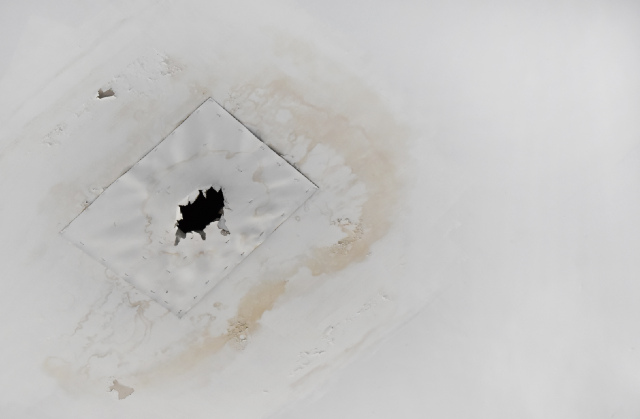Commercial properties are not exempt from water damage. They experience a higher risk for it especially given the increased traffic. If you own a commercial property, the last thing you want to experience is drowning your building with water and dealing with the aftermath later. To avoid this type of headache, you need to be aware of the causes of water damage and how to prevent them, as listed in this article.
What Are the Common Causes of Water Damage?
Water damage in any commercial property can take place because of various factors. Here are some of the most common ones you should be aware of to avoid experiencing water damage in the first place.
- Broken Pipes: Water gets into the property through the pipes, and if they end up damaged or destroyed, the water will overflow and damage your property.
- Leaking Roof: A leak in the roof, especially during heavy rains and snowfall, could lead to ceiling damage, mould, and mildew issues. If the water also reaches your electrical wiring, it could lead to fire hazards.
- HVAC Problems: HVAC systems could also leak, especially if it gets damaged or is maintained improperly.
- Broken Windows: When your windows are not properly sealed, moisture will enter the structure, whether there is rain or not.
- Clogged Sewer: As soon as you hear sounds coming from your drain or toilet, call a plumber or technician immediately. It could be a sign of sewer clogging. If this worsens, it could lead to severe water damage from foul-smelling and unsanitary sewage water.
How Can You Prevent Water Damage in Your Commercial Area?
To prevent water damage problems, here are some steps you can take:
Step 1: Have a Flood Monitoring System
Aside from the internal pipe problems, a flood could occur from external reasons too. A flood monitoring system allows you to see the changes in water level in your area in real-time. This equipment enables you to prepare accordingly, mainly if your property is situated in a flood-prone area.
Step 2: Get Your Property Protected
Double-check if your property insurance has coverage for water damage restoration. Often, this service is not included in the scope of property insurance.
Water damage results from emergencies. Therefore, no one can tell when these emergencies might happen. Unless you have the funds to fix severe water damage, make sure you secure protection for your property. Insurance would benefit you more, especially if you know that your area is prone to flooding.
Step 3: Schedule a Regular Water Damage Inspection
There is no better way to prevent such a disastrous event than ensuring there is no internal damage or problem in the first place. Guaranteeing that your water sources and pipes are of top quality will cost you less than hiring professionals for water damage restoration later.
Consider scheduling an inspection at least twice a year. Make sure that your property inspectors are experienced technicians who know what they are doing so that you can have peace of mind. They would also know when repairs or replacements are urgent and necessary.
Step 4: Have Your Whole Building Maintained
Aside from the water system, the whole building should also be maintained, as water damage could also occur if you have broken or unsealed windows, doors, and walls. Make sure to protect your property from all types of damage, as any issues may cause a cascade of interrelated problems.
Conclusion
No one wants water damage to their property. Unfortunately, this can happen anytime, anywhere, most especially in properties that do not do their part to prevent these issues. Beware of the causes of water damage and follow the tips listed above to reduce risks and avoid the problem.
In case you already need water damage restoration in Edmonton, we are only a call away. Nationwide Restorations deliver quality and quick restoration service for any disaster in your commercial and residential areas. Call 1.844.EMG.WIDE (364.9433) for your 24/7 emergency response.

